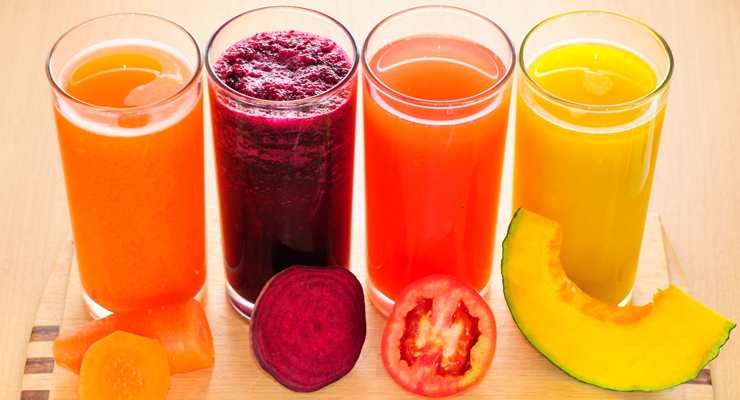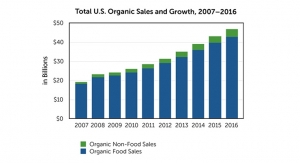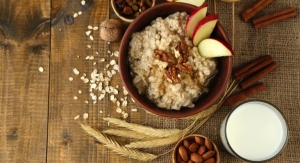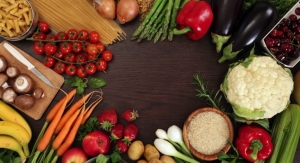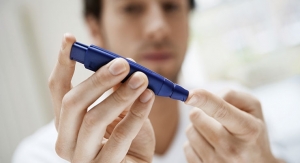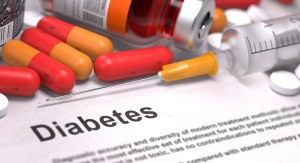Patrick Morris, Communications Manager, Fortitech Premixes 03.19.15
Judging from what we saw during the recent Engredea/ExpoWest exhibition, the wellness beverage category shows no signs of slowing down. Condition-specific products continue to come on strong, with perennial favorites such as weight management and energy continuing to be mainstays.
However, with Baby Boomers being the largest consumer segment for the foreseeable future, we are witnessing more formulations targeting “healthy aging.” Boomers are embracing the aging process and either taking steps to slow/prevent many of the health issues that come with aging, or addressing those that have already come about. These concerns include heart health, bone/joint health, cognitive function, blood sugar management, diabetes, anti-fatigue and vision, to name a few.
Aside from the Boomer generation, the Millennial mindset is grabbing the attention of manufacturers. Clean labels, a sense of “naturalness” and holistic product positioning seem to appeal to this demographic. All-natural probably has the broadest appeal because of the ongoing demand for transparency and “clean labels.”
I think it's difficult to pinpoint who the most frequent users are because it really is across the board. Parents looking for healthy alternatives to many of the beverage choices on the market today might be looking for something that can boost their kid's immunity or play a role in supporting cognitive development. This can be said for a single adult as well—this is where the lines begin to blur.
Whether it's a juice, tea or water, consumers are always going to want a choice, and therefore, any and all of these are viable options for manufacturers. Something like a tea or a juice in many cases comes with a health halo similar to that of dairy, although the sugar component of juice is still a point of contention among consumers. That being said, formulating a lower sugar juice is an option that can offer consumer appeal.
For more information: www.fortitechpremixes.com
However, with Baby Boomers being the largest consumer segment for the foreseeable future, we are witnessing more formulations targeting “healthy aging.” Boomers are embracing the aging process and either taking steps to slow/prevent many of the health issues that come with aging, or addressing those that have already come about. These concerns include heart health, bone/joint health, cognitive function, blood sugar management, diabetes, anti-fatigue and vision, to name a few.
Aside from the Boomer generation, the Millennial mindset is grabbing the attention of manufacturers. Clean labels, a sense of “naturalness” and holistic product positioning seem to appeal to this demographic. All-natural probably has the broadest appeal because of the ongoing demand for transparency and “clean labels.”
I think it's difficult to pinpoint who the most frequent users are because it really is across the board. Parents looking for healthy alternatives to many of the beverage choices on the market today might be looking for something that can boost their kid's immunity or play a role in supporting cognitive development. This can be said for a single adult as well—this is where the lines begin to blur.
Whether it's a juice, tea or water, consumers are always going to want a choice, and therefore, any and all of these are viable options for manufacturers. Something like a tea or a juice in many cases comes with a health halo similar to that of dairy, although the sugar component of juice is still a point of contention among consumers. That being said, formulating a lower sugar juice is an option that can offer consumer appeal.
For more information: www.fortitechpremixes.com

